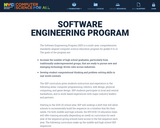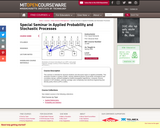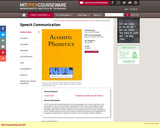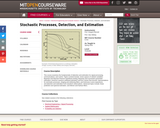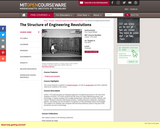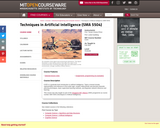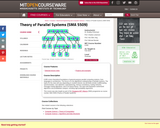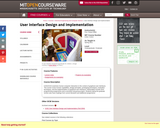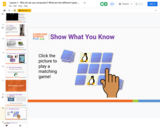Wherever you go‚ whatever you say, write, photograph, or buy‚ whatever prescriptions you take, or ATM withdrawals you make you are generating information. That information can be captured, digitized, retrieved, and copied ‚ anywhere on Earth, instantly. Sophisticated computers can increasingly uncover meaning in those digital traces‚ understanding, anticipating, and influencingyou as never before.
Is this utopia? Or the dawning of a 1984/Brave New World horror world? Whatever you call it, it’s happening. What kind of world are we creating? What will it be like to live there? Blown to Bits offers powerful and controversial answers to these questions‚ and give you the knowledge you need to help shape your own digital future, not let others do it for you. Building on their pioneering joint MIT/Harvard course, the authors reveal how the digital revolution is changing everything, in ways that are stunning even the most informed experts.
You’ll discover ten paradoxical truths about digital data, and learn how those truths are overturning centuries-old assumptions about privacy, identity, and personal control.
You’ll view the indelible digital footprints you’re making when you search Google, send emails and text messages‚ write Microsoft Word documents‚ download MP3s‚ make cellphone calls‚ post blog entries‚ pay highway tolls‚ use your supermarket discount card. And you’ll see how others could be following those footprints, in ways you never thought about, and might not like.
Writing in plain English, the authors illuminate the myriad implications of the digital revolution, answering the questions you’ve wondered about‚ or ought to wonder about. Who owns all that data about you? What do they owe you? How private is your medical information? Is it possible to send a truly secure message? Who can you trust for accurate information when traditional media is replaced by thousands of unfiltered Internet sources?
Along the way, they reveal the decisions governments and corporations are making right now that will shape your future‚ and show how to have your say in those decisions. Because you have an enormous stake in the outcome. We all do.
